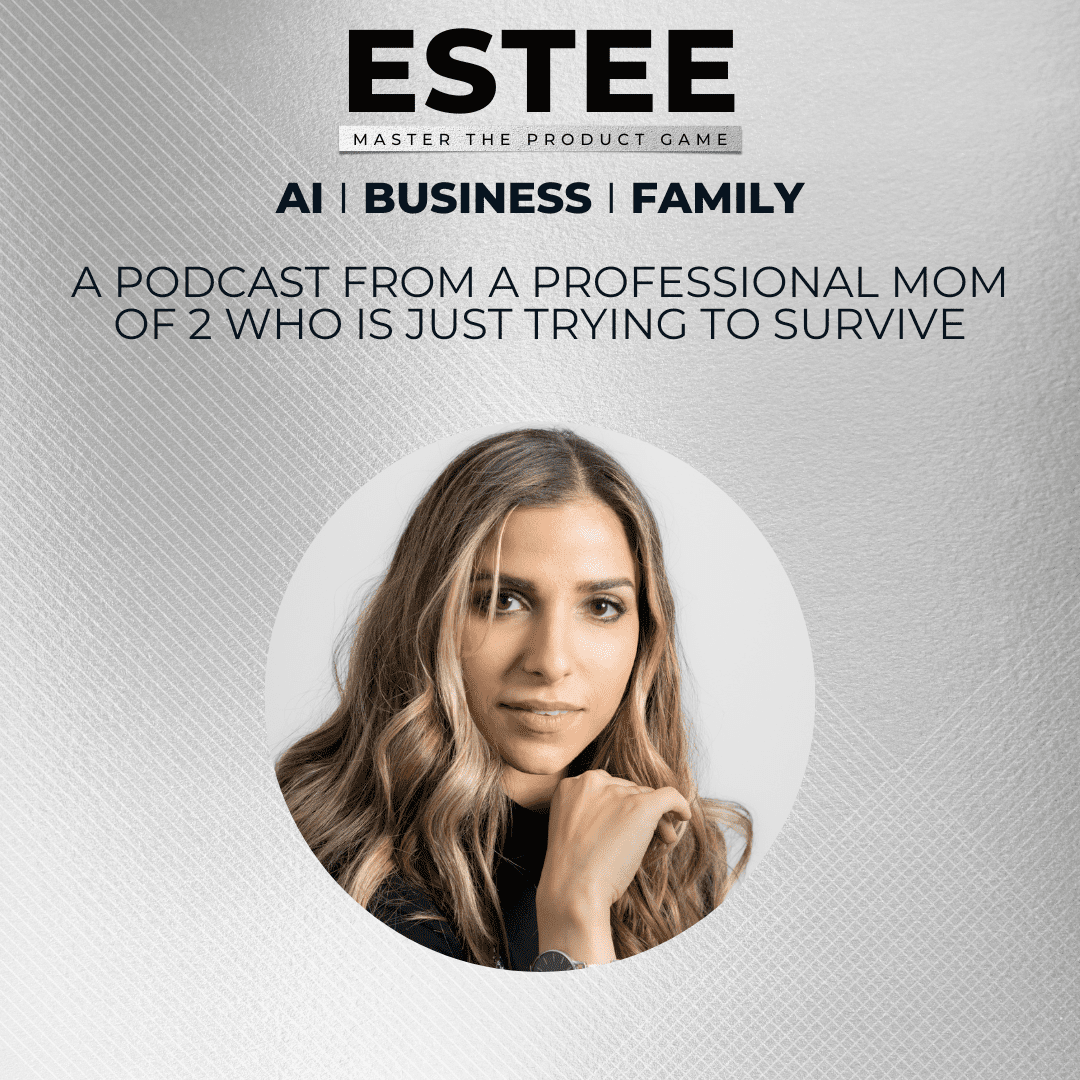Remembering Names: A Challenge for Your Memory
What do you believe? Prior to diving into this blog, please take a moment to consider the following statements and your belief about your ability to remember names.
“I am terrible with names.”
-Or-
“I have to work to remember someone’s name, but I can do it!”
Which statement resonates with you? Take a brief moment to reflect.
Do you have trouble remembering names? Chances are, you have met someone, only to forget their name within seconds or during a second meeting when you’d like to address them by name. The ability to remember someone’s name is a challenge to people of all ages across the world. It is not unique to adults of a specific age, gender, ethnicity or geographical location. As we age, our recall is slower and we tend to worry more about our memory. (More about this in a future blog.)
Why should we work to remember names? There are a wide variety of reasons that we work at remembering people’s names. First, we recognize that it is a polite thing to do. Putting the effort into remembering someone’s name and then addressing them by their name can make them feel important. I suspect many of us have been surprised when someone remembered our name and made a point to say hello or greet us. We likely felt important. When we create a social connection with others using their name, we set the stage for a positive interaction. `
Why do we have trouble remembering names? When we meet someone new, there are likely many things going on at the same time… a fast-moving conversation, noises in the background, a stimulating environment and more. Many times, we do not pay enough attention to remember someone’s name.
Attention is the first step to memory and our brains are not able to remember things we do not pay attention to in the first place. Names are tough because they lack clues and context that can help us “remember” better.
When someone introduces herself/himself to you, you probably reply with your name. And the conversation continues. The natural flow of conversation does not allow our brain the minimum 8-12 seconds needed to properly focus on the name to get it into our short-term memory.
Slowly count to 10. Now, try to imagine a 10-second pause in conversation to focus on the name you just heard so that you can set your memory processing up for success. Unfortunately, our average social exchanges do not account for how our brain prefers to process information (like names) and we use a variety of strategies to remember names.
Why do we remember more faces than names? Numerous studies have found that our human brain has an uncanny ability to recognize faces with high accuracy (90%+). In studies, most adults are flashed anywhere from 200-300 faces (at a rate of one face per second). Then they are flashed additional faces and asked to identify if they recognize the person from before (the set of faces they were just shown). Oddly enough, adults and older adults perform well on this task and we have the ability to quickly recognize if someone is familiar or not.
How many faces can we remember? Think about the number of faces that you could likely identify. Consider faces of people across various aspects of your life. Think about grade school, high school, neighbors, hometown, work, church, volunteer, family, friends, friends of friends, celebrities and more. How many faces do you actually know? (Their face is familiar but you might not know their name.) And off with your guesstimate!
A recent study found that on average we recognize 5,000 faces but individual differences occur (1,000 – 10,000 faces). Prosopagnosia is a rare condition that results in an inability to see faces and recognize faces of familiar people, also referred to as “facial blindness.” Beyond faces, this neurological disorder impacts the individual’s ability to recognize facial expressions, judge age, follow another’s gaze, and more, like recognizing themselves in a mirror.
Names and the Brain. The fusiform gyrus is an area in the brain that supports our ability to recognize faces (facial perception and memory); thus, making it easier to recognize someone than recall his/her name! Other areas of the brain can be involved when remembering names, too. The amygdala is the area of our brain commonly associated with emotion and our hippocampus, the area of the brain associated with memory. When we make an emotional connection with people during conversations this can boost our likelihood of recalling their name.
Strategies to Remember Names. Social conversations can help us put names into context or a context that is familiar to us.
- Meet and repeat, repeat, repeat. Repetition allows us an opportunity to practice the person’s name which can increase the likelihood to remember it. A rule of thumb is to repeat their name 3-5 times within the conversation as appropriate.
Quick Script: Let’s Meet Chris.
- State their name and ask a question. “Chris, where are you from?”
- Say, “Thank you, Chris.
- And be sure to weave it in while saying goodbye. “See you later, Chris. It was so nice to meet you!”
- Connect the person’s name with something that has meaning to you (this gets your amygdala involved, too). When we add additional content to add to someone’s name we give our memory a boost. Pulling details from your conversation, similarities, interests, and more, and connecting it with that person can increase the likelihood of recalling their name. As we age, we have more difficulty with learning new names compared to names we are familiar with or have a connection to in some way (family, friend, neighbor, classmate, etc.). We can quickly associate people with our close friends, relatives, and other strong social ties or celebrities.
- Create a visualization. Some people’s name lend themselves to a quick visual image like Penny (the coin), Sonny (bright sun), or Mrs. Court (visualize a tennis court or basketball court). When you hear a name utilize the “mind’s eye” to create an image or perhaps make a connection to a song like “Barbara Ann” by the Beach Boys, “Billie Jean” by Michael Jackson, “Sara” by Starship, and more. (Perhaps you started to hear the song in your head while reading this.)
When we involve more than one sense we can engage our brain to optimize our memory. What we see, hear, smell, taste, and more in our immediate environment or mind’s eye gives our memory a boost.
Takeaway: Remembering names is a challenge for our memory and takes effort. We may find ourselves in a situation where we recognize someone’s face but we do not remember their name. Try not to panic or feel badly. It happens to most of us during a wide variety of occasions ,from small chat in a grocery aisle to a wedding guest table and more.
We have learned that our brains are wired to recognize faces more rapidly than we are able to recall names. We can employ a wide variety of strategies to remember names. (Feel free to share a strategy in the comments so we can learn from one another.)
Next time you see someone but can’t recall his/her name, take the initiative and introduce yourself to the person. Chances are, they will likely respond with their name and you can continue on with your chat. Or simply ask if they would mind sharing their name again with you. The majority of people do not mind doing so and are grateful that you asked.
In brain health & wellness,
~Krystal
Dr. Krystal L. Culler, DBH, MA is a holistic brain health expert with nearly twenty years of experience working with individuals with brain-related diagnoses, their families, providers, and advocacy organizations. She has received numerous international and national awards for innovation in brain health programs and wellness services with a global impact spanning 55+ countries. She is a Doctor of Behavioral Health with an educational background in the behavioral sciences (psychology, gerontology, and sociology). She is the Founder of the Virtual Brain Health Center. Her mission: brain care for all.



























